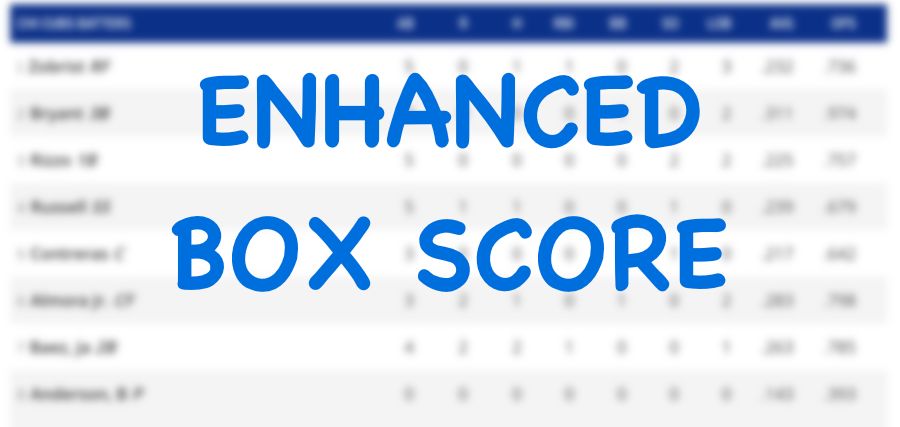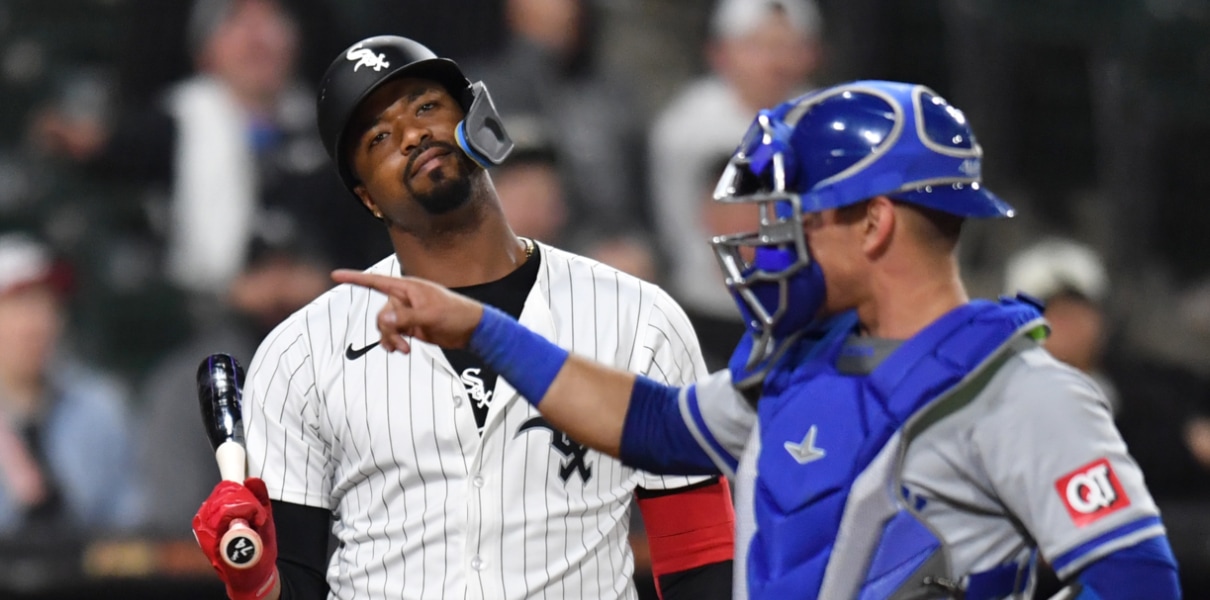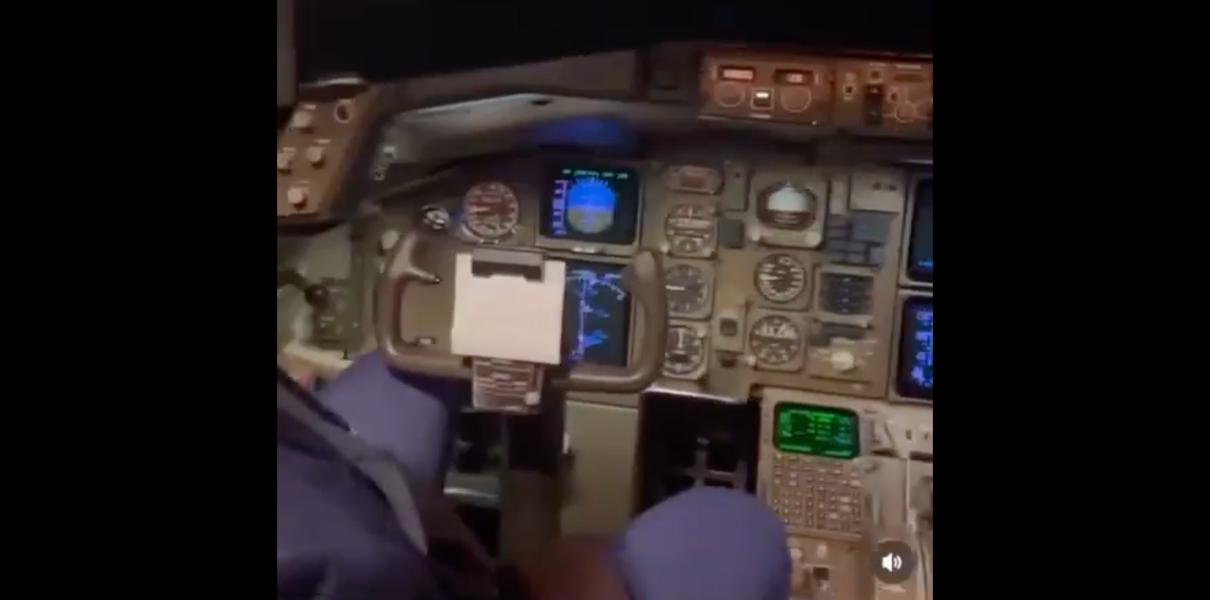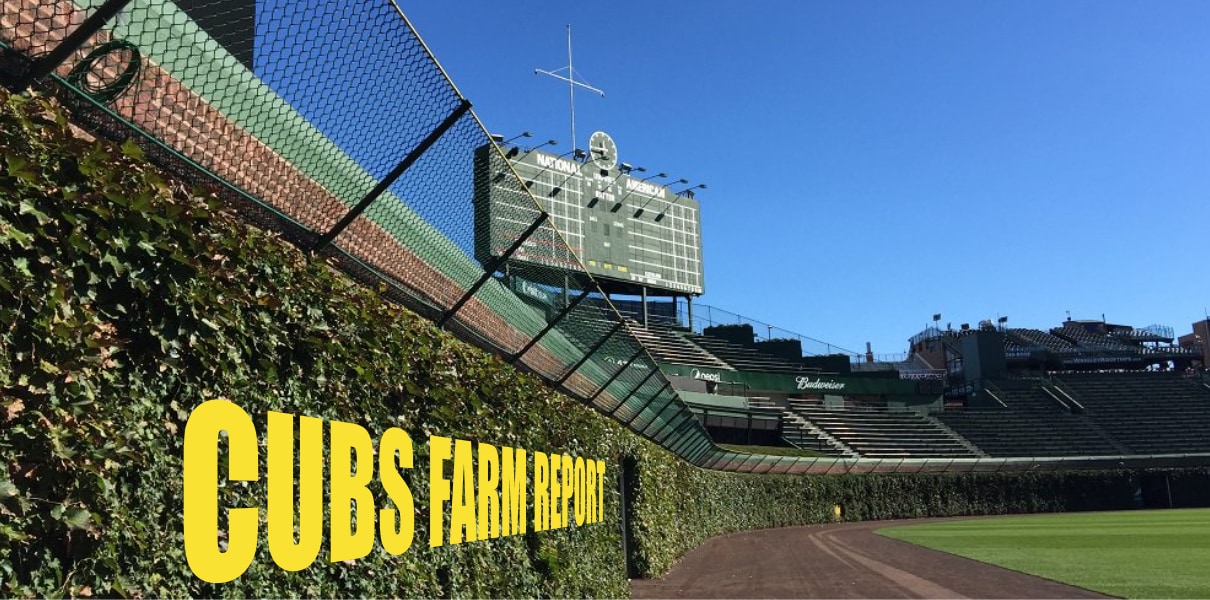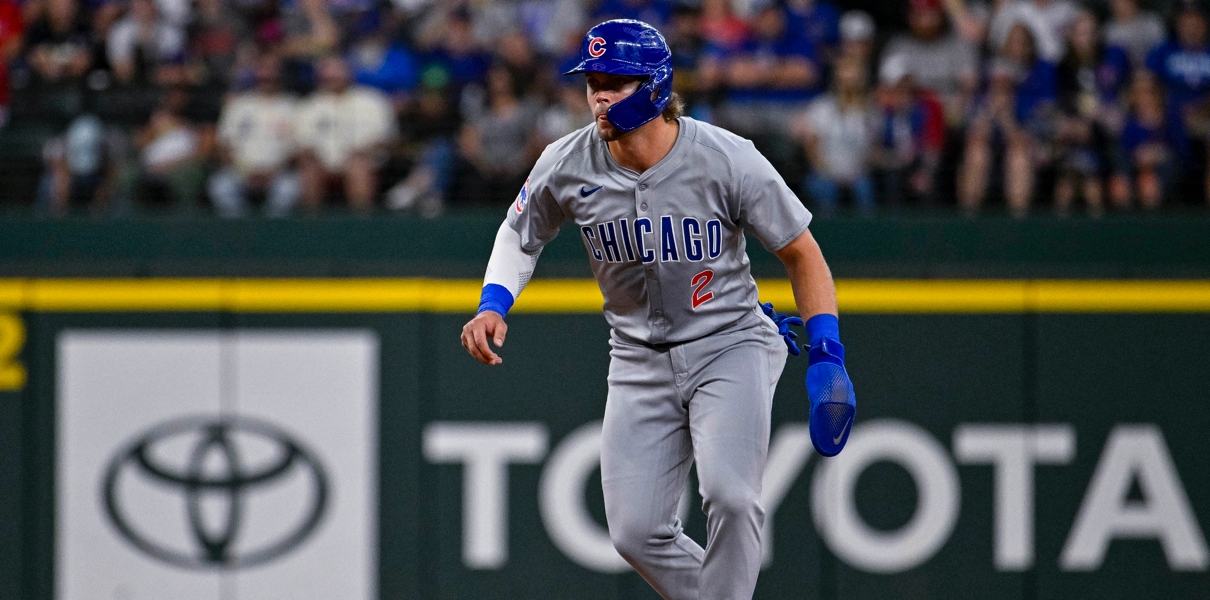Wild day yesterday for James Gunn, eh? The ‘Guardians’ holiday special trailer dropped (I think it’s gonna be silly and fun and that’s fine by me) at almost the exact same moment it was announced that he would be taking over the DC movie/TV universe, together with Peter Safran. It’s what DC’s whole mess has needed for a long time. But if they’re trying to replicate what Kevin Feige has done with the MCU, it might take a while to unwind a lot of what’s already been done, much less to get everything going forward in some kind of harmony … and yet Gunn’s deal with DC is for only four years. Good luck, I guess.
Prices for Phillies World Series tickets on the secondary market are now, on average, over $3000 apiece. It’s the second-highest level for World Series tickets since TicketIQ started keeping track of the data in 2010. And yes, you know which team is first (by a lotttttt):
There is no significant update for the moment on Sinclair’s reported interest in selling the Bally RSNs, but MLB Commissioner Rob Manfred did speak about the league’s reluctance to strike a deal with Sinclair (Diamond Sports is the division that runs the RSNs) for local direct-to-consumer streaming rights. Sinclair has been able to land such deals with the NBA and NHL – allowing those Bally channels to also offer direct-to-customer streaming options for folks who do not have cable – but MLB has refused to do it so far. From Sports Business Journal:
Manfred said he asked Diamond to demonstrate how the added streaming rights would solve the company’s financial problems.
“We never received a coherent response to that, which our analysis suggested that what they were looking for from us was not going to solve their problems,” Manfred said. “Our reaction has been, why tie up additional rights in an entity that by its own admission has financial problems? We just think it’s a good business decision.” …
Manfred is not blind to the troubles RSNs are facing, as they are besieged by rising rights fees combined with a declining subscriber base. He sees the traditional pay-TV bundle sticking around, albeit with far fewer subscribers. “It’s the people that are outside the bundle, the people who have cut the cord, that we need to make sure we have adequate reach with that group. That’s my biggest concern,” he said.
Manfred’s thinking for now is that one way to ensure that fans outside of a cable bundle can have access to games in-market is by letting MLB, itself, stream directly to fans (and we’ve heard reports that, long-term, that’s exactly what MLB wants to be able to do: have one national streaming product for all fans in all markets with no blackouts). But to make that work, you still have to figure out a way that it doesn’t completely kill RSNs, if you believe that’s still an important distribution method for your games (some folks do still have cable and will for a long time).
My long-term gut-level take remains: MLB wants to know where Sinclair is going to sell Diamond (or see if it goes bankrupt) before making a decision on this front, because whatever happens with Diamond may well provide a path for nationwide streaming. Until that happens, MLB isn’t going to budge on direct-to-consumer rights. Remember: the latest report suggested that MLB, the NBA, and the NHL may TOGETHER try to buy Diamond, so there’s a whole lot of leverage-grabbing at play right now.
Ian Happ sent out a video to Cubs fans, wishing them well and eagerly awaiting the return of baseball. It’s media-savvy, but it’s also just nice:
Yesterday was a big anniversary, with the Cubs sending Fergie Jenkins off for his first stint with the Rangers (he would eventually return to the Cubs for the final seasons of his career):
That traded netted the Cubs utility man Vic Harris and third baseman Bill Madlock, who was outstanding for the Cubs in the mid-70s. Three years later, the Cubs decided Madlock was going to become too expensive, and traded him to the Giants for Bobby Murcer (decent outfield bat), Steve Ontiveros (great at third base for one year and then really fell off), and Andy Muhlstock (never made the big leagues).
This is just cool:
The priciest contract in baseball history as of 24 years ago was just $91 million:
Also, even though he was a 30-year-old catcher, and even though it was a whopping seven-year deal, Piazza wound up producing like a stud for the first four years of the contract, was very good in the fifth year (but injured), and only in the final two years did he fall off. That’s a great example of what you realistically HOPE for when you sign a contract like that: the guy is getting seven years because he (and the market) demands it, not because you EXPECT him to be productive in his late-30s.
Sign him:
I have no idea what is going on with the Hawks, but they won again:






